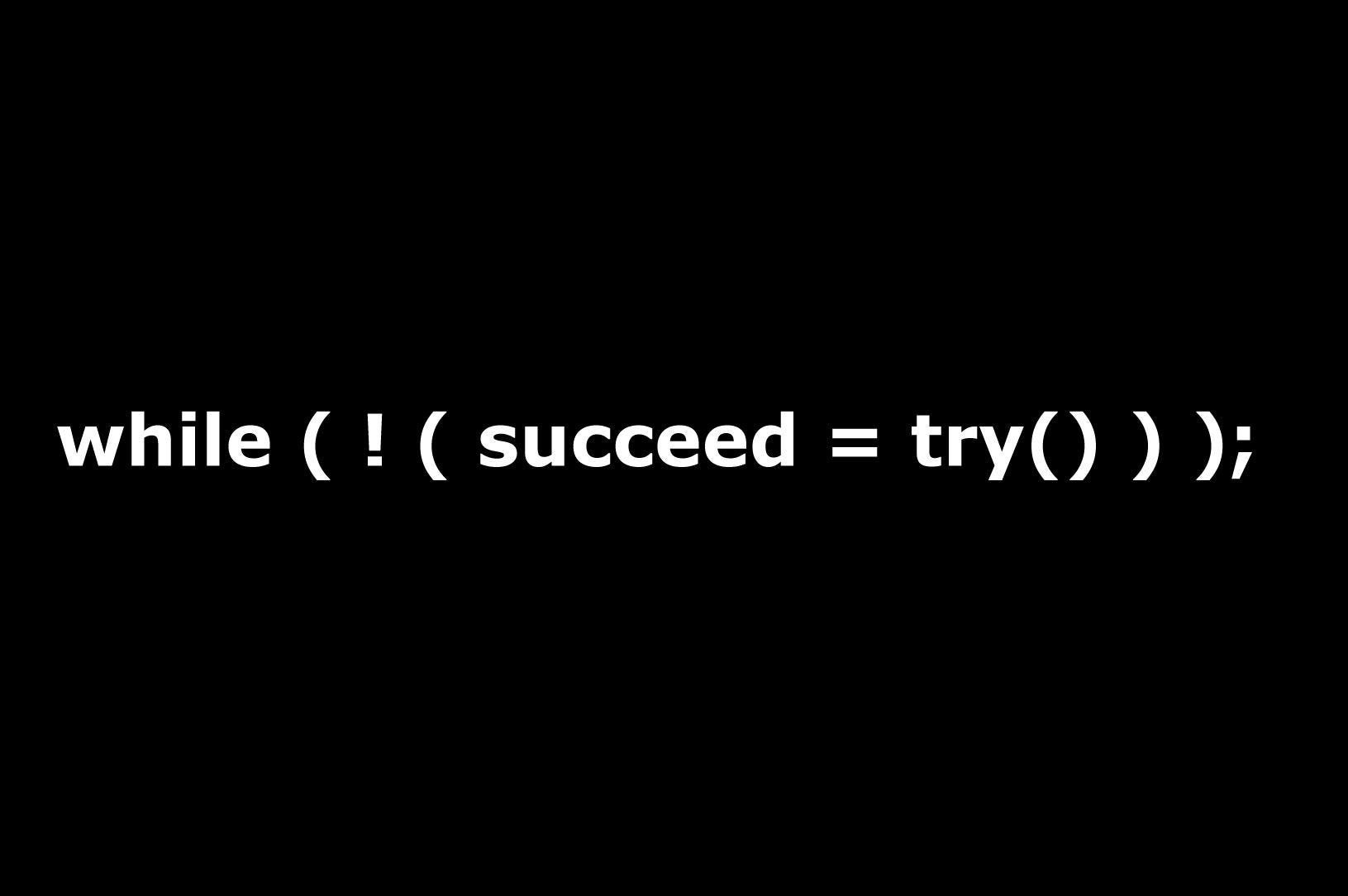What is 100 Days of Code?
There were lots of issues and Vagueness with this topic.

How will I go for100 days coding all day?
How will I code for 1000hrs?
Do I have to code the whole 100 days?
Will It improve my skills?
What are the basic Programming languages I can take for 100 days?
And List Continues….

Here, I am to clear your doubts on the 100daysofCode strategy.
100daysofCode challenges you that you will code for at least an hour every day for the next 100 days and it's very skillfully if taken by heart and seriously. It will boost your skills, it will give you enthusiasm to code each day and build your logical section a bit stronger.
First, make your mind full set and then decided to make this a public commitment many times and have done 100 days of code a lot with Python, C and C++ as these are my favorite and I want to learn them as well. You can also stick to a single Programming language and can move forward with it if you want to do mastery in it.
And you should join me as well and watch my repositories on Github of 100 days of Code.
Some of My repositories of 100DaysofChallenge are:
- 100 Days of C++: https://github.com/arpit1920/100-days-of-Cpp
- 100 Days of python: https://github.com/arpit1920/100-Days-of-Python-repeat
- 100 Days of C:https://github.com/arpit1920/Learning-C-Programming
- 100 Days of Code: https://github.com/arpit1920/100daysofcode
- 100 Days of Machine learning with Python: https://github.com/arpit1920/Machine-Learning-all-Algorithms-Python
- 100 Days of Machine learning with R: https://github.com/arpit1920/Machine-Learning-Algorithms-by-R
- 100 Days of Python Operations: https://github.com/arpit1920/python-operations
NOTE: For the most updated information on the challenge visit:
The 100DaysOfCode Official Website
Here are some reasons why
On the off chance that you truly need to improve as a designer. However, you locate that after work, you generally find different activities as opposed to code.
Nothing can beat self-coordinated exertion toward learning or achieving something, and it is something that you should esteem profoundly. Yet, glancing back at the previous scarcely any months, you have seen a lot of well-meaning goals to plunk down and code each night, yet in addition an excessive number of defenses. This prompts permitting your protection from taking the best of yours.
That is the reason to ensure that you focus on a test that will keep you respond to any individual who tails you or sees your updates.
Adhering to something like this can be troublesome, which you’ve presumably felt already — be it attempting to follow courses on the web, or managing an educational plan that you’ve picked.
Disclosing a responsibility has demonstrated to improve individuals’ capacity to adhere to changes and new propensities. So we should do this together!
I’ve seen that my time after work consistently follows an example of me watching something on Netflix or somewhere else, instead of coding, and as an adolescent, we like it watching breaking terrible, jamtara, cash heist….Lol. Like we all, I have a few things that I have to do: housekeeping, authoritative undertakings, washing the dishes, and so forth. The entirety of that will at present be there. What I intend to do less of is the thing that I would call “uninvolved unwinding time.” This is the point at which I plunk down to watch something, and my time each night is eaten, scene by scene.
It’s anything but difficult to begin watching something, however hard to stop. With things that are advantageous, I find that the inverse is valid: it’s difficult to begin, yet exceptionally simple to proceed. So with this test, I will ensure that I start (plunk down to code) each day regardless.
Some additional rules:
- You have to tweet about your progress every day using the hashtag #100DaysOfCode
- You have to code at work, but if you want to be able to work on your projects as well. That’s why you won’t count the time that you spend coding at work towards this challenge.
- You have to push code to GitHub every day so that anyone can see my progress. If you want, you can follow me here.
- The time spent doing tutorials, online courses, and other similar resources will NOT count towards this challenge. You want to write real code and work on real projects, facing real challenges. Here is the article where You can sum up your thoughts on projects and my experience building them: How to Get a Developer Job in Less Than a Year.
Update — I’ve added an FAQ which You all ask about 100DaysofCode:
FAQ:
- Q: How do I get in touch with the people who are also doing this challenge?
A: Search for #100DaysOfCode on Twitter, or join the 100DaysOfCode room on Gitter — you don’t need an invite, it’s open for anyone to join. - Q: I am new to coding (or just deciding to learn to code) and can’t build projects yet, what should I do?
A: The best way to start would be to follow the FreeCodeCamp’s Front End Curriculum from the very beginning. The further you get during the 100 days, the better. - Q: I’ve missed a day, does it mean I’ve failed the challenge?
A : Absolutely not. You are allowed to miss one day in two weeks. (then make it up by adding one more day to the end of the 100) Never miss two days in a row (so you can’t skip the 14th day of one week period and the 1st day of another). This is a great piece of advice on habit formation that I got from Leo Babauta at zen habits. - Q: I come home late, and by the time I am finished with my hour, it’s past midnight, does it count?
A: Of course it counts! The rule of thumb is: have you coded for at least an hour before going to sleep that day? If yes, you are on track.
The reason for this is that we all have different schedules and different life periods (kids, school, work, and what have you) so don’t hold yourself to some arbitrary time standard. You will not experience what Cinderella experienced once the clock strikes midnight.
I am actually in the same situation most of the time — I come home late on certain days (work, French courses, life getting in the way, etc.) and I’ve decided not to worry about things like that, or whether I get a point on GitHub on that particular day. Yes, it’s nice to have them in a streak one by one, but don’t do yourself a disservice by measuring your efforts to a clock. - Q: Should I keep a journal?
A: That’s optional, but it’s a great idea. It can be a GitHub repo, where you store all the links and/or projects completed, or a text file where you jot down the highlights of what you’ve done that day.
It’s helpful in two major ways: you will be able to look at the progress each day and see how far you’ve already come and it will be easier to find the motivation to continue, and the second one is that after you’ve done your 100 days, you will be able to analyze your experience better and see what worked and what didn’t. - Q: Should I put my projects online?
A: Definitely. It’s great for accountability and motivation to know that the stuff you’ve worked on is accessible online to anyone who may wish to look at it. It will make you care about the end product more, and will make the results of the challenge more impressive when you look back at them on Day 100. - Q: Should I worry about streaks?
A: Streaks are nice and helpful, but as I mentioned above — don’t worry about them too much and don’t criticize yourself over missing a day. Instead, make sure you do everything to not let that happen again and know that worrying and scolding yourself will not give you any results. (Ok, It will give you results, but only negative. I would call them consequences, not results) The best way to get out of that negative emotional state is to sit down and code. - Q: What is the most difficult part of this challenge?
A: The part where you have to sit down and start coding. Don’t postpone that or think about it at all, because you will rationalize yourself out of it. Approach it mechanically: sit down, open your laptop, launch your coding editor, and start typing. After 5 minutes, you will not feel any problems/procrastination/desire to stop. - Q: If everyone started on a certain day, should I join them on the day they are? For example, from Day 12?
A: This challenge is individual, so when you join you start on day 1. Whenever you’ll be posting an update on Twitter or elsewhere, make sure to mention which day you are on and use the hashtag so that people can find and support you!
Can I join the challenge?
If you want to join me in this challenge, You are most welcome to the community of Developers and Coders. Just use the hashtag #100DaysOfCode or join the 100DaysOfCode Gitter Room.
If you decide to do this, please reach out to me as well and we can help and encourage each other! If you like this idea, please clap to recommend it here on Medium.
References:
- 100DaysofCode: https://www.100daysofcode.com/
- Gitter: https://gitter.im/
- FreecodeCamp:https://www.freecodecamp.org/news/join-the-100daysofcode-556ddb4579e4/
Bio: Arpit Bhushan Sharma (B.Tech, 2016–2020) Electrical & Electronics Engineering, KIET Group of Institutions Ghaziabad, Uttar Pradesh, India. | Patent Analyst — Lakshmikumaran & Sridharan Attorney | AI Developer — 10xAI Learning |Project Manager — Aryabhatt Technologies(FIED IIM Kashipur)| Student Member R10 IEEE | Student Member PELS/PES | Voice: +91 8445726929 | E-mail: bhushansharmaarpit@gmail.com


Comments
Post a Comment